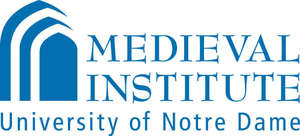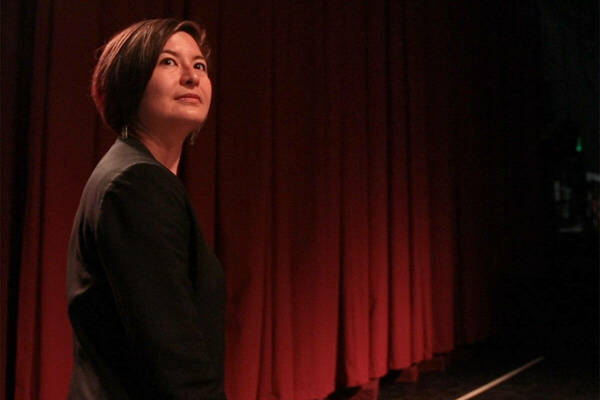
Notre Dame’s Medieval Institute is launching graduate minors in medieval studies and Byzantine studies, a pair of interdisciplinary programs that blend the study of literature, philosophy, art, and science in the Middle Ages.
The minor in medieval studies focuses on the texts, culture, and artifacts of Western Europe and the Mediterranean from 500 to 1500 A.D., while the minor in Byzantine studies emphasizes Central Asia, Asia Minor, and the Eastern Mediterranean during that same time period.
“For some, these minors will formally acknowledge the training that many graduate students have already been undertaking on their own, so that the great work they’re doing will stand out better on their CVs,” said CJ Jones, the institute’s director of graduate studies. “For others, we hope this encourages students who dabble in medieval studies to round out their training and pursue the amazing opportunities we have to offer at Notre Dame.”
The minors’ interdisciplinary nature and focus on medieval language research make participating graduate students competitive for research, academia, and international job opportunities, Jones said.
Both minors will offer background and methodologies that will be valuable to College of Arts & Letters graduate students in a number of disciplines. Understanding the history of the Middle Ages could be particularly helpful for scholars of Victorian literature, which draws from medieval traditions, or to philosophy and theology students. The minors provide an intellectual context that is often not present in traditional philosophy and theology programs, Jones said, but is central to the institute’s approach.
“Research and teaching on the Middle Ages are integral to Notre Dame’s mission to provide a space where ‘the various lines of Catholic thought may intersect with all the forms of knowledge,’” she said. “The history of Catholic thought and practice, as well as critical historical insight into the Roman Church’s relationship to the Orthodox Church and to people of other faiths, provides important insight into Christian life today.”
Students in both minors must take three courses hosted or cross-listed in the Medieval Institute, participate in academic events, and have experience in a medieval or Byzantine research language, depending on which minor they choose to pursue.
This year, course offerings include The Medieval Islamic World, Byzantium and the Crusades, Medieval Multilingualism, St. Hildegard and the Liturgy, Beowulf, Petrarch: Poetry in Motion, and Jewish Theology in the Medieval Mediterranean.
Such courses offer an important perspective in that they show how past cultures shape today’s society, Jones said. She noted that history is contingent upon these cultures, and to study them leads to an exploration of our current world.
“Understanding historical differences and processes of change — as well as how certain practices and prejudices persist across time — helps us to envision a future where things can be different and to develop concrete plans for enacting positive historical change in our own time,” Jones said.


